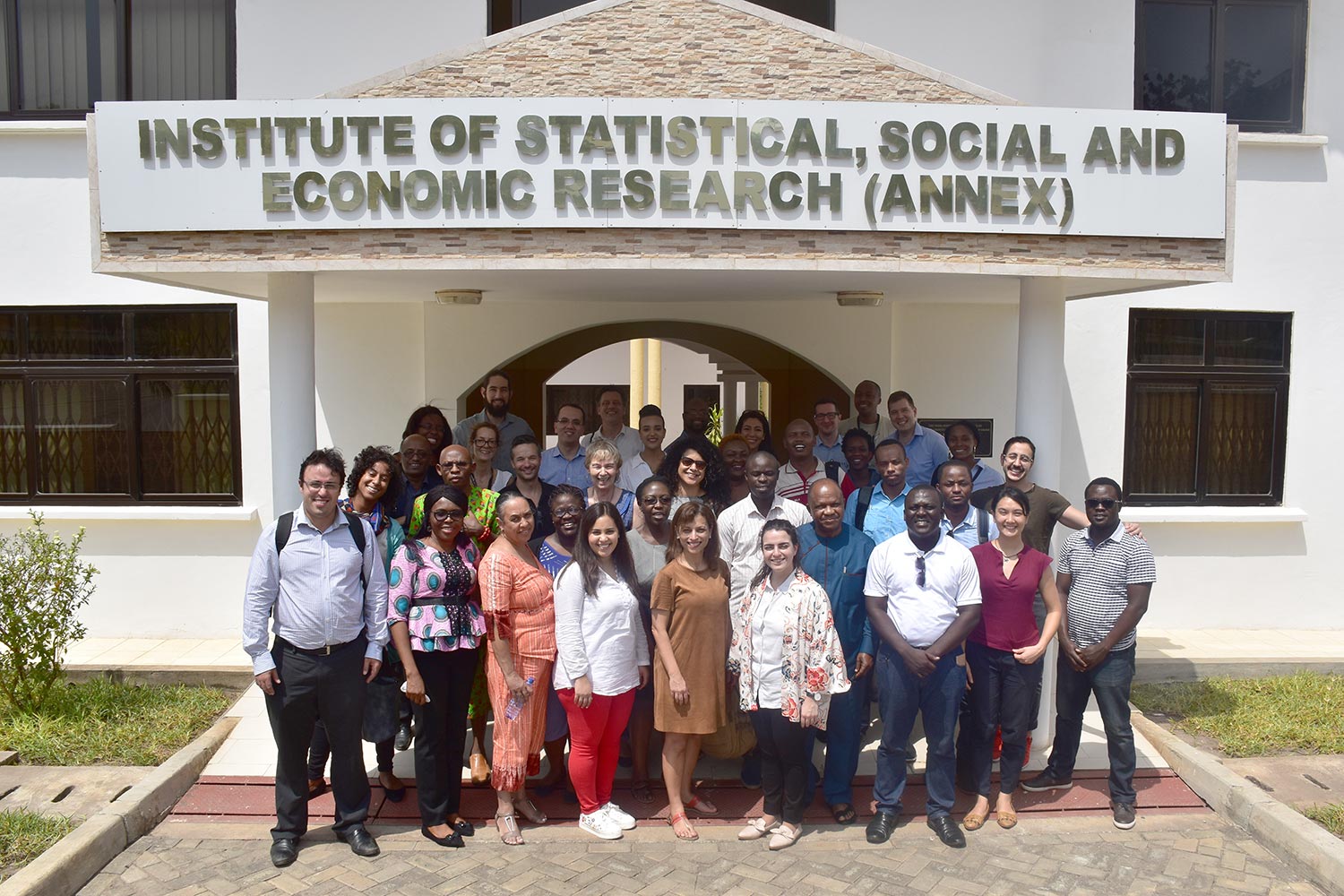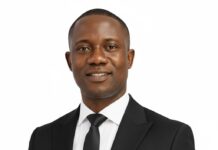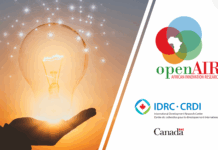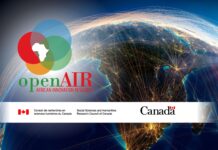By Dana Elbashbishy
On the 8th of February 2018, members of the Open African Innovation Research Partnership (Open AIR) gathered in Accra, Ghana to share research findings and discuss future research plans. The 3-day workshop aimed to integrate new members into the network’s structure and research activities. The workshop empowered and engaged the new and emerging researchers’ group (NERGs), whom I am a part of, through international experiences and research in the fields of innovation and knowledge governance. Most importantly, the workshop focused on deliberating the next phase of research for the coming two years.

The workshop provided a venue for sharing and discussing the findings from the current Open AIR case studies and working papers that are used as empirical evidence in developing theories about innovation activities in Africa. It also aimed at developing theories about the main topic of the research, innovation activities happening in Africa. The workshop also focused on identifying major cross cutting issues that overlapped with research themes and helped in developing Open AIR research ideas. Another goal was to study the effect of the research and knowledge acquired on policy making and practice on the ground. Finally, the workshop focused on leadership development and expanding of Open AIR and identifying key recommendations for the coming two years.
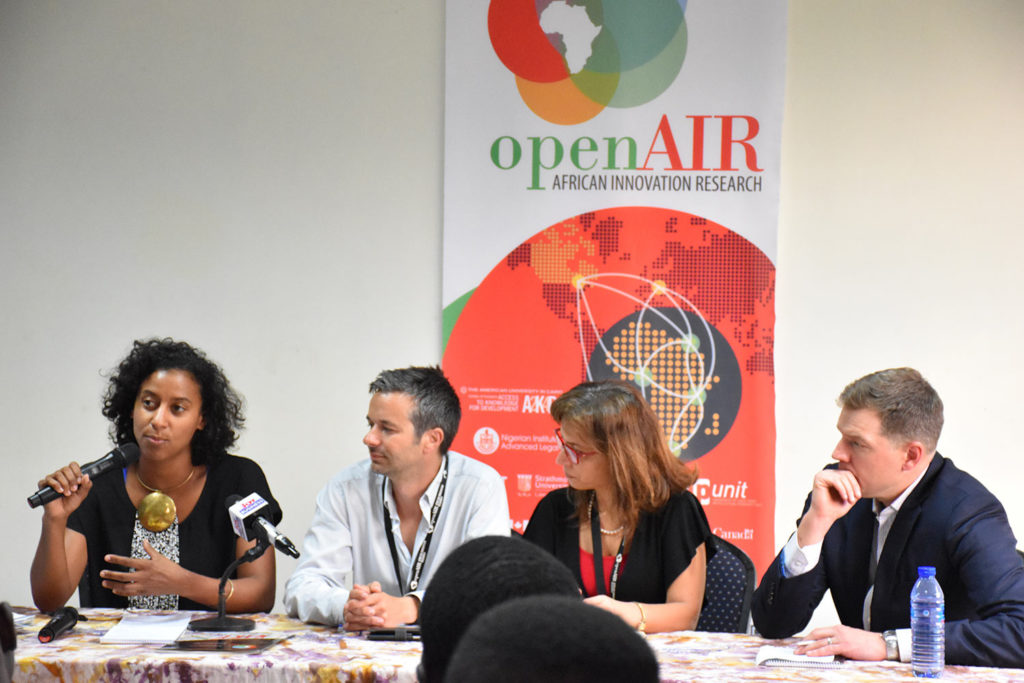
The sessions of the workshop began by the theme leaders highlighting the main findings of their research themes as to set the outline for the group discussions about those findings. Following this, break-away sessions were formed to further refine the findings of each research theme in an effort to answer some key and overlapping questions between themes. Consequently, the theme leaders and the researchers reported on the answers of those questions to all of the participants of the workshop. This exercise helped define the main commonalities between research themes which will later help in developing the structure of research for the next phase of Open AIR. The exercise also helped develop an innovation metric that will allow us see and measure the innovative activities that are taking place informally in micro, small, and medium enterprises.
The sessions also included the proactive participation of the NERGs. As a NERG member myself, along with the other NERGS lead by Victor Nzomo, I had the opportunity to participate in a discussion about how we think our work provided additional understanding to Open AIR’s work. This discussion also shed light on our role, along with the whole Open AIR family, in expanding the purpose and responsibility of Open AIR into French Speaking African countries.
A concluding session addressed the kinds of policies and practices that Open AIR research would like to contribute to in the next phase during the coming two years. These policies and practices will be informed by the findings discussed in earlier sessions.
I personally was so happy to participate in this workshop as the Social Sciences and Humanities Research Council (SSHRC) Fellow as it was a great chance for me, as a fresh graduate, to explore the research network and to actively interact with our international partners. Moreover, I learned a lot about the authors of the case studies from what they had to say about their experiences in making the case studies, ranging from the fieldwork to the writing. That exposure to other experiences will help me later in my career as a researcher. I was also very happy to finally get the chance to connect with all the names of Open AIR family to the people themselves through face to face interactions. I was pleased to meet other NERGs and excited to connect more with them in the future.
Finally, we will continue our research with the main aim of developing the cross cutting theme which are Metrics, Laws, and Policies, in an effort to track the innovation takingplace in Africa and to eventually make it a better place on the global innovation map.

